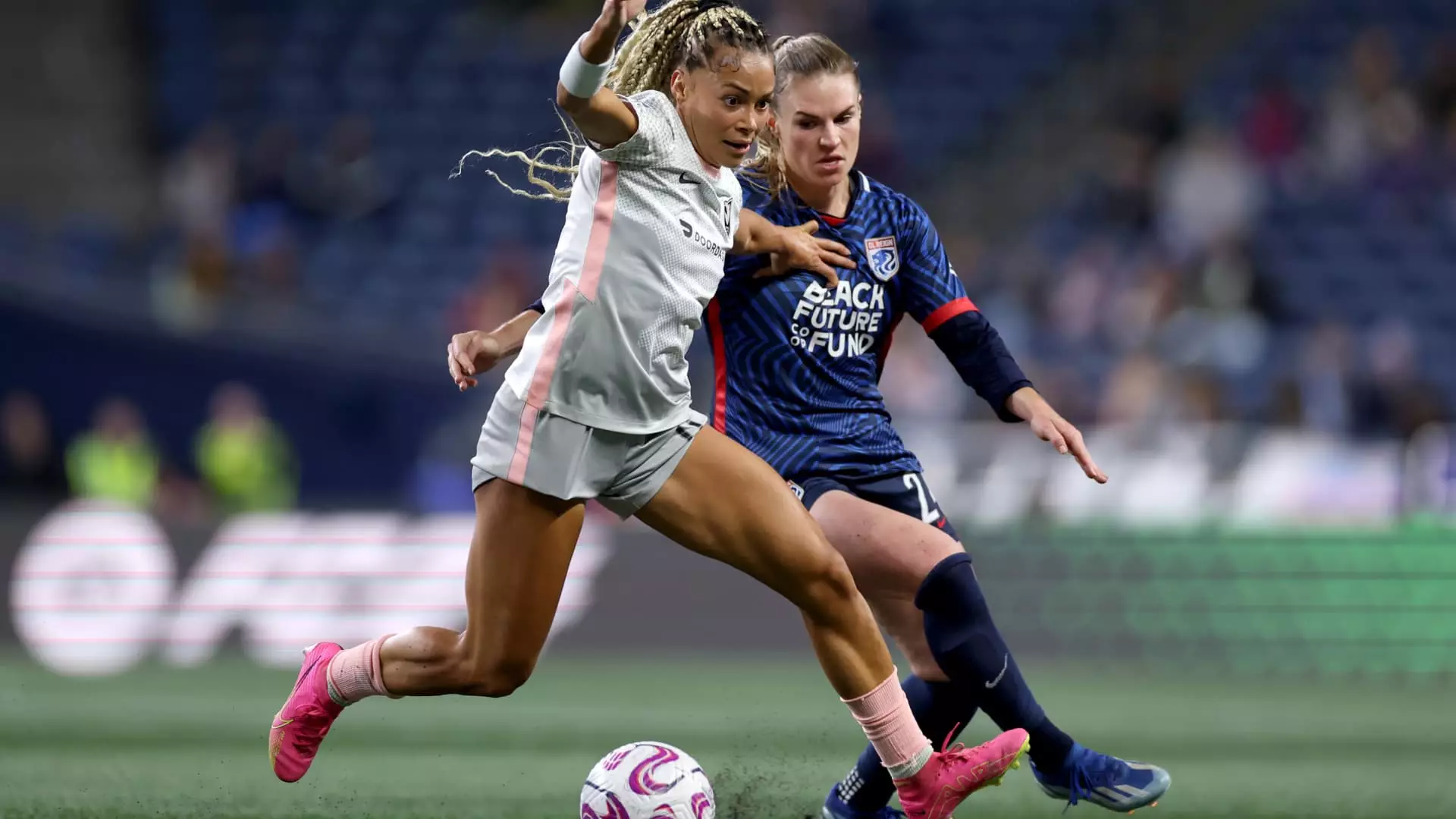Private equity investors have traditionally taken a backseat in major U.S. sports leagues such as Major League Soccer, the National Basketball Association, Major League Baseball and the National Hockey League. However, one league that has stood out in terms of allowing private equity firms to take majority control of the economics is the National Women’s Soccer League (NWSL). This shift has brought about a wave of interest and investment in women’s soccer, signaling a new era for the sport.
In a groundbreaking move, firms like Sixth Street and Carlyle have stepped into the world of women’s soccer by acquiring ownership stakes in NWSL teams. Sixth Street made history by owning the San Francisco women’s team, Bay FC, for a record-breaking $54 million. Following suit, Carlyle partnered with the Seattle Sounders FC to purchase the Reign FC for $58 million, showcasing a significant increase in valuation over the past five years.
The involvement of private equity in women’s soccer has brought in additional capital and resources. This has been noted by key figures in the NWSL, such as Commissioner Jessica Berman and Carlyle’s head of private credit, Alex Popov. The focus has shifted towards building sustainable businesses, enhancing the on-field product, and driving overall growth in the sport.
The revenue generated by women’s elite sports is on the verge of reaching the billion-dollar mark for the first time, with soccer accounting for a significant portion. While men’s sports revenue often relies heavily on broadcast rights, women’s sports revenue leans towards merchandising sales, ticket sales, partnerships, and sponsorships. The recent $240 million media deal signed by the NWSL marks a significant milestone, hinting at the potential for further growth.
Despite the upward trajectory of valuations and increased investor interest, there are challenges that come with introducing institutional capital into women’s soccer. Commissioner Berman highlighted the need for caution, as private equity ownership differs from traditional stewardship by individual owners. The league is navigating through this transition carefully, setting a framework for how institutional capital can invest in sports moving forward.
While other major sports leagues have limitations on private equity ownership, the NWSL has opened its doors to majority control by these firms. This shift has caught the attention of industry players, with the NFL also exploring the possibility of private equity investment. The landscape of sports ownership is evolving, and women’s soccer is at the forefront of this transformation.
The entrance of private equity into women’s soccer signifies a new chapter in the development and growth of the sport. With increased capital infusion, strategic partnerships, and a focus on building sustainable businesses, the NWSL is paving the way for a brighter future. As valuations soar and interest in women’s sports continues to rise, the landscape of sports ownership is poised for a significant shift. It is a pivotal moment for women’s soccer, and the impact of private equity investment is set to reshape the industry for years to come.


Leave a Reply